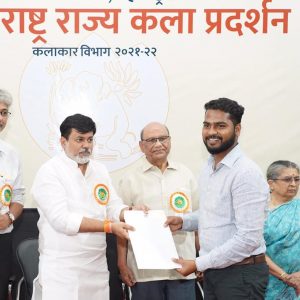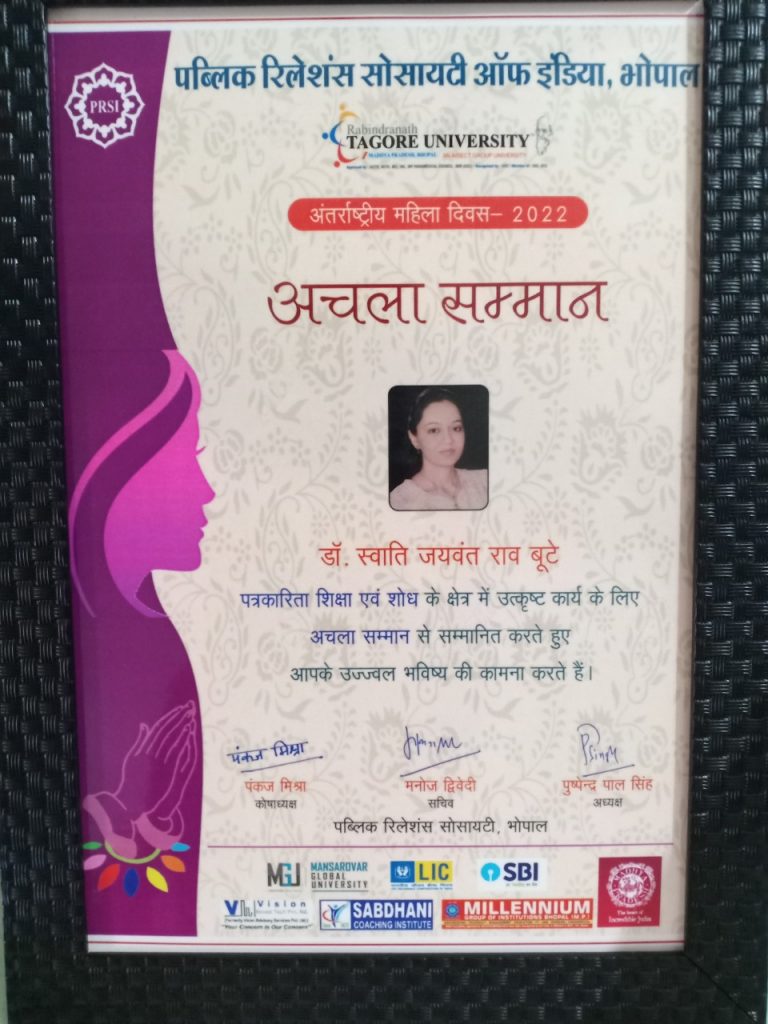NEW DELHI: Prime Minister Narendra Modi’s move to repeal farm reform laws in the face of persistent protests — his biggest policy U-turn since taking office — handed his opponents momentum ahead of crucial state elections. The question is whether they can finally take advantage.
So far, the splintered opposition hasn’t demonstrated an ability to capitalize on the ruling Bharatiya Janata Party’s missteps. Those divisions were apparent last month, when a convoy allegedly carrying the son of a top official in Modi’s cabinet drove into a crowd of protesting farmers in India’s most-populous state of Uttar Pradesh, killing eight people in total.
Priyanka Gandhi Vadra, a scion of India’s once-powerful Nehru-Gandhi dynasty and a leader of the main opposition Congress party, was among the first to reach the crash site. Other Modi opponents in the state, which holds a key election early next year, also raced to the scene. But instead of joining forces, they all held separate rallies.
The competing political events highlighted a key reason Modi continues to dominate Indian politics: Opposition parties have failed to cooperate, effectively splitting the electorate who opposes his BJP.
SC panel member writes to CJI, seeks release of committee’s report on farm laws
Anil Ghanwat, one of the members of the SC-appointed committee, on Tuesday wrote to Chief Justice of India, urging him to consider releasing the report submitted by the panel in March as soon as practicable, or authorise the committee or to him to do so. “The report can also play an educational role
Baljit Singh, 30, a farmer from the state who was at the scene of last month’s violence and voted for the BJP in the 2019 national election, said that he would support anyone other than Modi even after he vowed to repeal the farm laws. But even he wasn’t sure which party he would vote for.
“I am watching the various opposition parties and will give my vote to one of them, but not BJP,” Singh said.
Prior to Modi’s announcement on Friday, which came after yearlong protests by tens of thousands of farmers, his party was on pace to pull out a win in Uttar Pradesh even while losing a significant number of seats. The state, which has about half as many people as the entire European Union, is considered a crucial indicator of national sentiment ahead of the next general election in 2024. The BJP won 77% of seats in the 2017 state election.
Modi’s party is trailing opinion polls in Punjab, where Sikh farmers have been instrumental in the protests. His apology for the farm laws came as the country celebrated the birth anniversary of the founder of the Sikh faith.
“It was clear that farm laws were going to be an irritation point in coming elections,” said Sandeep Shastri, the vice-chancellor of Jagran Lakecity University in Bhopal. “He has made a virtue of a necessity.”






